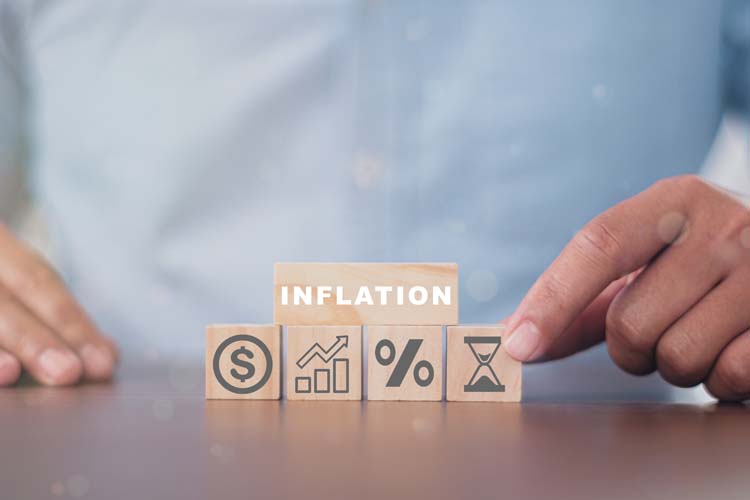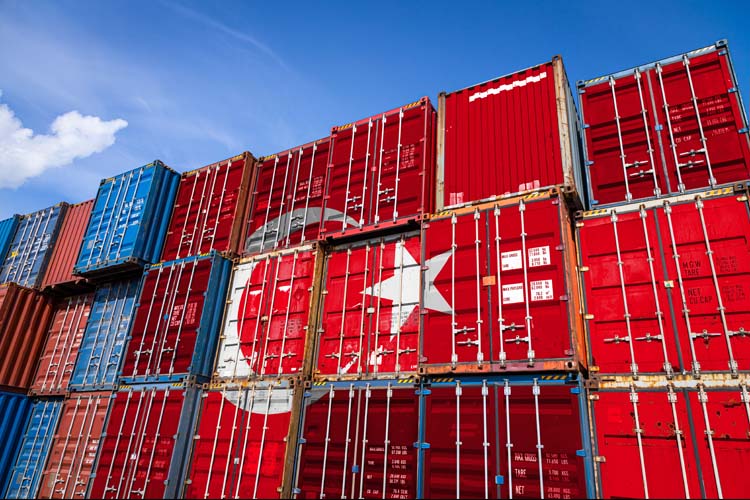Last Updated on 19/06/2023
Turkey has struggled with consistently high inflation rates in recent years. This has alarmed both its people and international economic community. The Turkish President has made a promising vow to address this issue. He promised to put policies into place that will gradually lower Turkey’s inflation throughout 2023. Therefore, he aims to stabilize the economy and lessen the burden on the Turkish populace.
Turkey’s inflation challenge

Turkey has managed to balance its inflation, which has always been a challenge. Since January 2020, Turkey’s inflation rates and currency levels have been unstable. Between June 2021 and June 2022, reports showed an annual inflation rate of 78.6%, while transportation costs rose by 123% and food prices doubled. Since the beginning of the year, the Turkish Lira has lost 80% of its value against the US dollar.
Turkey’s economy, however, has grown significantly over the past two decades. Between 2002 and 2021, Turkey recorded an average annual GDP growth of 5.8%.
Turkey’s inflation to reduce to single digits by the end of 2023
On Saturday, President Erdogan emphasized the government’s intention to reduce household price pressure. He also noted that exporters were anticipated to hit record shipments by the end of the year. Besides, he declared at a Turkish Exporters Assembly event in Istanbul, the government’s intention to reduce Turkey’s inflation to single digits.
After gaining election on May 28, Erdogan reorganized his economic team and emphasized the need of stifling inflation, which has been declining since the start of the year. In fact, after reaching a 24-year high of 85.5% in late October, annual inflation slowed to around 40% in May, marking a significant decline.
An eventual return to the conventional economic model to ease Turkey’s inflation

President Erdogan appointed Mehmet Şimşek, an experienced policymaker with a solid reputation, as minister of finance and trade. He also named Hafize Gaye Erkan, a former Wall Street banker, as governor of the Turkish Central Bank. The selections suggested that the newly elected government may be planning to revamp its economic strategy in order to reduce Turkey’s inflation in 2023.
Erdogan, has spent the previous two years supporting a “new economic model” that places a premium on extremely low-interest rates. By lowering borrowing costs, raising exports, and turning persistent current account deficits into surpluses. The approach aimed to achieve price stability. However, in his speech last week, Erdogan signaled that Turkey will resume raising interest rates to battle inflation. He also reiterated his support for Şimşek and promised to move swiftly in collaboration with the central bank.
Consequently, leading investment bank analysts now anticipate that Turkey’s central bank will increase its key policy rate at its monetary policy committee meeting on June 22 after cutting it from 19% to 8.5% at the moment.
An intention to increase exports

Despite numerous global hurdles and the tragic earthquakes that devastated the country’s southeast in early February, Erdogan praised the momentum in exports on Saturday. He also expressed his intention to boost Turkey’s exports to $265 billion at the end of this year and to $285 billion next year, despite the gloomy forecast for the world economy. This will help to ease Turkey’s inflation in 2023.
If accomplished, it would result in a third straight annual record for shipments. The value of Turkey’s exports in 2022 exceeded the previous high of almost $225.4 billion in 2021. The coronavirus pandemic had a negative impact on sales, which fell as low as $169.5 billion in 2020. He also explained that in 2022, exports of goods rose by 12.9% to $254.2 billion. Therefore, the proportion of Turkey in world trade increased by 1.02%. He also mentioned that The export goal for Turkey in 2028, is $400 billion and above.
According to TUIK data, the external trade deficit for Turkey from January to May climbed by almost 30% from the same period last year to $56.1 billion as imports rose by 8.9% to $158.6 billion and exports increased marginally by 0.2% to $102.5 billion. However, President Erdogan stated his intention to lessen the energy load which is one of Turkey’s biggest challenges in foreign commerce. In fact, according to TIM data, Turkey’s energy imports decreased by 23.6% on a yearly basis to $5.3 billion in May.
If you would like to know more about Turkey’s economy and investment landscape in Turkey, you can get a free consultation by fulfilling out the form below.


